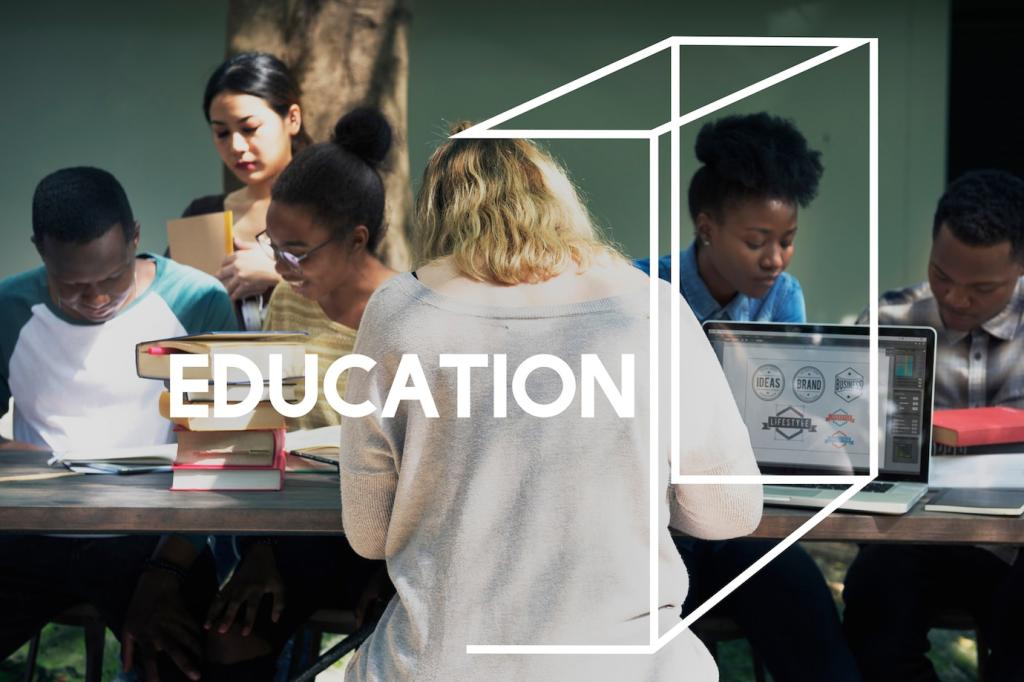
How Board Games Enhance Social Skills in Kids: Play That Connects
Chosen theme: How Board Games Enhance Social Skills in Kids. Step into a world where cardboard, dice, and conversation transform shy moments into confident connections, and where every turn builds empathy, cooperation, and joyful communication at home and in the classroom.

Turn-Taking Teaches Patience and Self-Regulation
Waiting for a turn is a workout for impulse control. Kids practice holding back, noticing others, and planning next moves. Over time, those skills transfer to conversations, classrooms, and friendships, where patience and timing truly matter. Share a favorite game that teaches patience.

Cooperation Creates Shared Success
Cooperative games shift focus from winning alone to winning together. Kids negotiate roles, share resources, and celebrate joint progress. They learn to ask for help, offer support, and compromise gracefully. Comment with your go-to cooperative title for family game night.

Perspective-Taking Builds Empathy
Role-based and strategy games invite kids to inhabit different viewpoints. They consider opponents’ intentions, anticipate moves, and read social cues. This mental flexibility deepens empathy and reduces conflicts. Subscribe for weekly picks that strengthen perspective-taking through playful challenges.
For Communication and Expressive Language
Charade-style and storytelling games encourage kids to describe, infer, and clarify. Clear prompts reduce anxiety, while timers add excitement without overwhelm. Encourage kids to rephrase for understanding. Share your favorite language-rich titles and we’ll feature community picks in our next post.
For Cooperation and Team Problem-Solving
Look for open information and shared objectives. Games that require planning together help kids practice delegation, encouragement, and constructive feedback. Rotate roles each session to keep growth balanced. Tell us which teamwork moments sparked the biggest smiles at your table.
For Emotional Regulation and Good Sportsmanship
Short playtime, clear win conditions, and safe do-overs reduce frustration. Celebrate small wins and model graceful losing. Use debrief questions to normalize feelings after tense moments. Subscribe for printable reflection prompts tailored to different ages and temperaments.
Set Rituals That Signal Respect
Start with a quick rules recap, a handshake or high-five, and a kindness goal for the table. Rituals create safety and predictability. Kids internalize these micro-habits and use them in group work at school. Comment with your family’s favorite pre-game ritual.
Coach Language in the Moment
Offer sentence starters like “I notice…,” “Can we try…,” or “I feel… because…”. Model calm tone and curiosity. Pause for short resets rather than lecture. Kids mirror your approach and learn to repair missteps quickly. Follow us for downloadable conversation cards.
The Shy Speaker Who Found a Turn
Maya rarely spoke in class, but during a cooperative puzzle game, she started calling out patterns and cheering teammates. The group listened, her confidence grew, and participation carried into morning meetings. Share a transformation story from your game nights.
Siblings Who Learned to Share Victory
Two brothers clashed over rules until we introduced a team game with rotating captains. With clear roles, they began praising each other’s strengths. Fewer arguments at home, more high-fives at the table. Tell us what roles work best for your duo.
A Classroom That Learned to Listen
In a fourth-grade class, a weekly deduction game improved listening checks. Students repeated instructions, paraphrased clues, and acknowledged contributions. Noise dropped, focus rose, and social conflict referrals declined. Subscribe to get our classroom facilitation guide next week.
Adapting Games for Diverse Needs and Abilities
Use softer timers, clear visuals, and predictable turns. Provide fidgets or quiet corners for brief resets. Reduce visual clutter on the table. These supports lower stress so kids can concentrate on listening, sharing, and cooperating. Comment with your favorite calming tweaks.
Offer picture cues, simplified rule cards, and extra planning time. Pair readers with emerging readers. Rehearse key phrases before starting. The goal is equitable access to conversation, not watered-down play. Follow us for printable supports aligned to popular games.
Modify scoring, allow hint tokens, or add cooperative goals to competitive games. Celebrate collaboration bonuses. House rules keep challenge meaningful while preserving dignity and joy. Share a house rule that transformed frustration into fun for your group.
Build Your Social Play Habit: Routines, Community, and Next Steps
Create a Weekly Social Skill Spotlight
Pick one focus—listening, self-control, encouragement—and name it before you play. Afterward, celebrate examples. Kids love tracking progress with stickers or charts. Post your spotlight goal for the week in the comments to inspire others.
Start a Neighborhood or Classroom Game Club
Rotate hosts, keep sessions short, and mix ages for natural mentoring. Share a starter library and simple snack duties. Clubs build friendships beyond the table. Subscribe for our free club starter kit and monthly game recommendations by age.
Measure Growth Without Killing the Fun
Use quick check-ins: two thumbs, a word of the day, or a one-sentence reflection. Track patterns, not perfection. Celebrate small wins generously. Tell us which check-in question sparks the most honest, heartwarming responses in your family or class.
